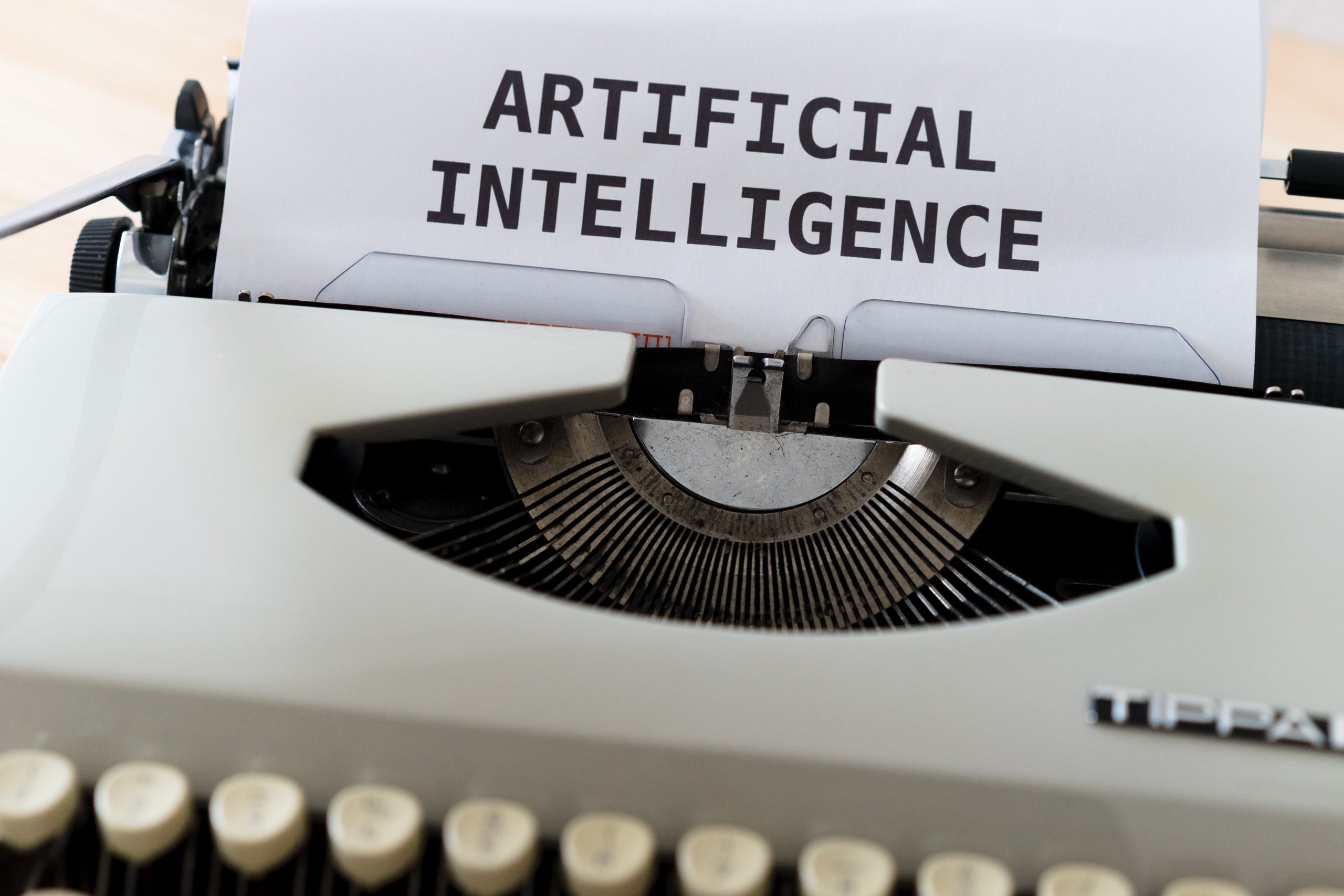Artificial Intelligence has been around for decades, but it’s still shrouded in myths and misconceptions that prevent people from fully understanding its capabilities. From the fear of robots taking over jobs to concerns about AI being too advanced for humans to comprehend, these misconceptions can hinder progress and innovation. However, it’s time to debunk these myths and shed light on what AI really is and what it can do. In this blog post, we will explore three common misconceptions about AI and provide evidence-based explanations to help you understand why they’re wrong. So buckle up and get ready to learn the truth about Artificial Intelligence!
AI is the future
1. AI is the future and will replace humans completely in the workforce.
2. AI can read, write and understand human language perfectly.
3.AI has no emotions and cannot experience love or sadness.
4. Machines will soon be able to create their own offspring, outcompete us in the workforce, and take over the world.
5. AI technology is rapidly progressing and will soon be able to carry out complex tasks that are currently beyond our capabilities.
AI will take over all jobs
There are many misconceptions about AI, and false beliefs about its capabilities abound. Some people believe that AI will take over all jobs, while others believe that it is only capable of performing simple tasks. In this article, we will discuss some of the most common myths about AI and examine whether or not they are true.
First, it is important to understand that AI technology is still in development and has a lot to learn. For example, AI currently struggles with tasks such as natural language processing and recognizing objects. As a result, there is no certainty that all jobs will be replaced by AI in the foreseeable future.
Second, even if AI were able to completely replace human labor, it would not be a good thing. Replacing human workers with machines would lead to mass unemployment and poverty. Instead of relying on machines to do our bidding, we should focus on developing new skills for the future workforce.
Third, there is no guarantee that full artificial intelligence will ever be developed. Scientists are still working on creating “strong” artificial intelligence – meaning an AI with the ability to reason and problem solve like humans do – which may take many years or even decades to achieve. In fact, some experts say that strong artificial intelligence may never be achieved at all!
Fourth, some people believe thatAI will automatically destroy human society because it is intelligent enough to do so. However, this is not likely to happen because computers can only process information in a specific way and
AI is evil
There are a number of misconceptions about artificial intelligence (AI) that many people believe to be true. Some of these myths include the belief that AI is evil, that it will take over the world, and that it is capable of doing anything. In this article, we will explore each of these myths and debunk them one by one.
First and foremost, it is important to remember that AI is not evil. In fact, it can be used for many good purposes, such as improving navigation systems in cars or helping doctors diagnose diseases. Furthermore, there is no evidence to support the belief that AI will take over the world. In fact, research has shown that AI could actually help to reduce inequality and improve human welfare.[1]
Finally, there is no evidence to suggest that AI is capable of doing anything beyond what humans are already able to do. For example, current AI technologies are not able to conquer space or create intelligent robots. This means that any claims made about AI being able to do extraordinary things are simply false.[2]
AI is unstoppable
There are a lot of myths out there about artificial intelligence (AI), and it’s important to dispel them so we can all understand the technology better. Here are five common misconceptions about AI:
1. AI is smart enough to replace humans in all jobs.
This is definitely not true! In fact, AI is still very weak when it comes to certain types of tasks, like reading human emotions or understanding natural language. For now, most experts believe that AI will mainly be used to supplement human capacities, rather than totally taking over our jobs.
2. AI will take over the world soon.
Again, this isn’t necessarily true! While there are some terrifying possibilities with what AI could do if it became truly advanced, much of the current research into AI is focused on practical applications that could benefit people and businesses today. It’s unlikely that we’ll see large-scale robot takeover anytime soon!
Conclusion
Artificial intelligence is one of the most talked about and debated topics in today’s society, with many people believing all sorts of myths about it. In this article, we aim to bust three of the most common misconceptions about AI, so that you can have a better understanding of what it is and how it works. Hopefully after reading this you will be able to see AI for what it really is- a powerful tool that can help make your life easier.










